Also known as grammatical categories or word classes, parts of speech are the necessary elements needed in grammar to build a sentence. They all have a function to play in every language’s grammar and then, are their roots. There are eight (8) parts of speech in the English language: Nouns, Pronouns, Verbs, Adjectives, Adverbs, Prepositions, Conjunctions, and Interjections…
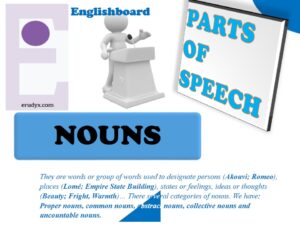
NOUN
They are words or groups of words used to designate persons (Akouvi; Romeo), places (Lomé; Empire State Building), states or feelings, ideas or thoughts (Beauty; Fright, Warmth)… There several categories of nouns. We have Proper nouns, common nouns, abstract nouns, collective nouns, and uncountable nouns.
Proper nouns
Proper nouns are names, given to persons, particular and specific things to recognize them among several. Then, they are names of people, countries, towns, mountains…
Eg: Kofi; Togo; Atakpamé, Volta…
Common nouns
As their name indicates it, common nouns are names used to designate common things. They are used for representing non-specific things. In singular form, a common noun should always be preceded by a determiner or an article.
Eg: A boy, the father, the palace, a fruit, a table, a cloth, a mountain…
Abstract nouns
They are names given to abstract things such as ideas, feelings… We cannot touch or smell a thing designate by an abstract noun.
Eg: Beauty, love, happiness, strength…
Collective nouns
They are syntactically singular but in a whole sense, they are put for many individuals.
Eg: Association, committee, audience, people, team, flock
Non-countable nouns
They are often foods and liquids. Grammatically, non-countable nouns do not have a plural form. But in some special cases, we can use a definite article like the; some; any, to form their plural, depending on the context.
Eg: Water, rice, maize, milk, powder…
NB: Every sub-category in nouns have their plural form, except the Proper nouns who are stereotyped.
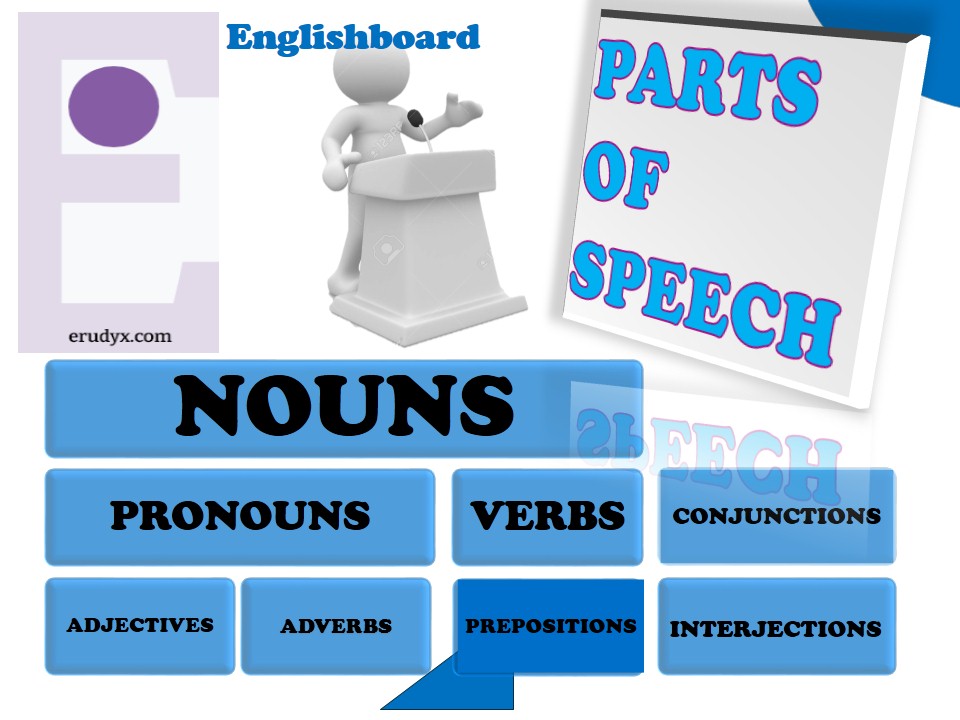
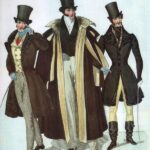



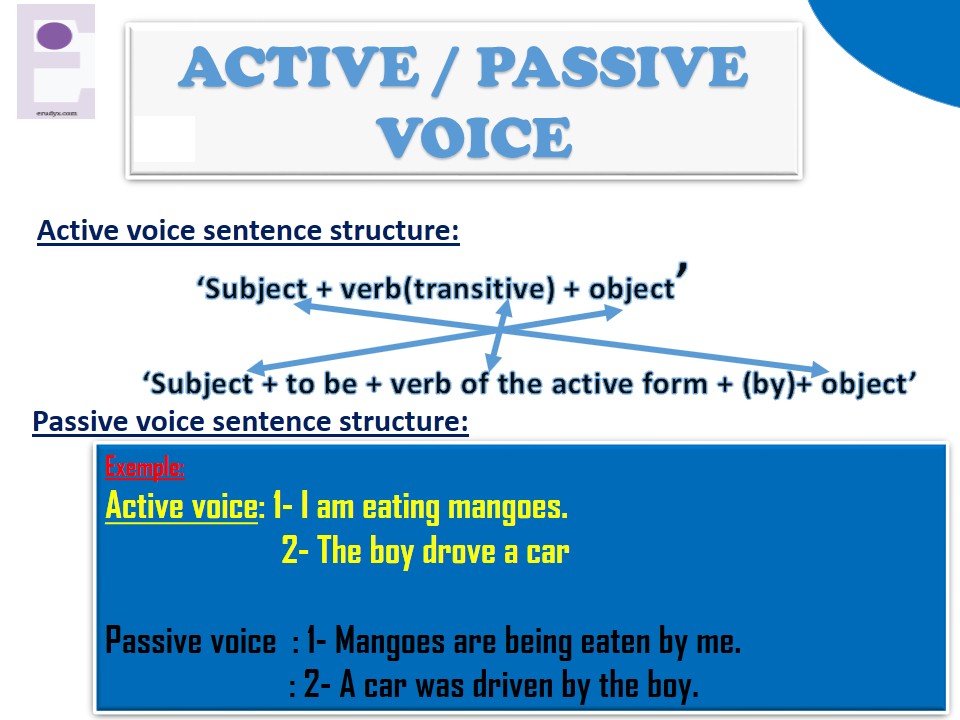
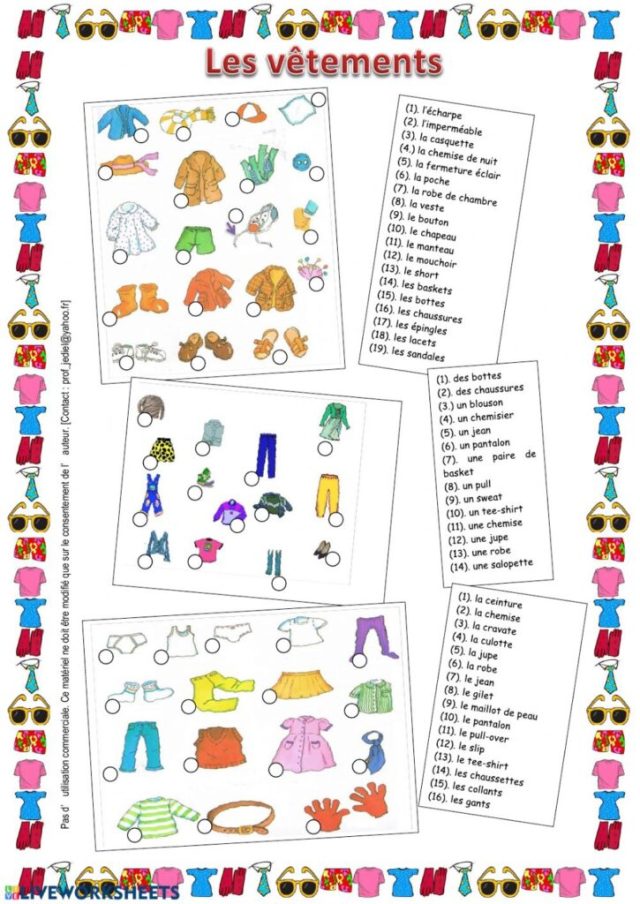

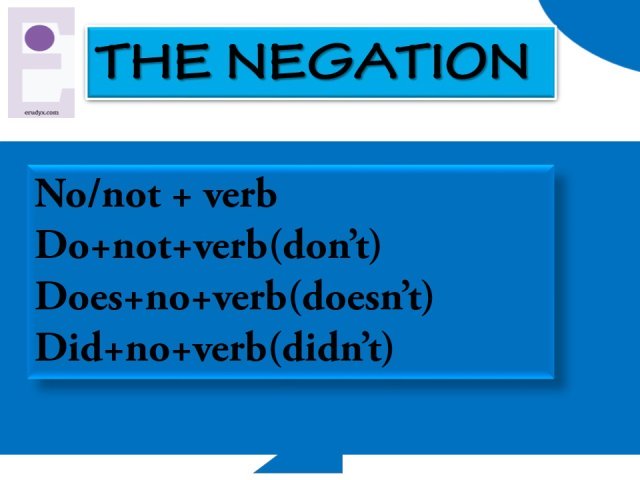
Excellent mon frère
Very interesting
Thank you!